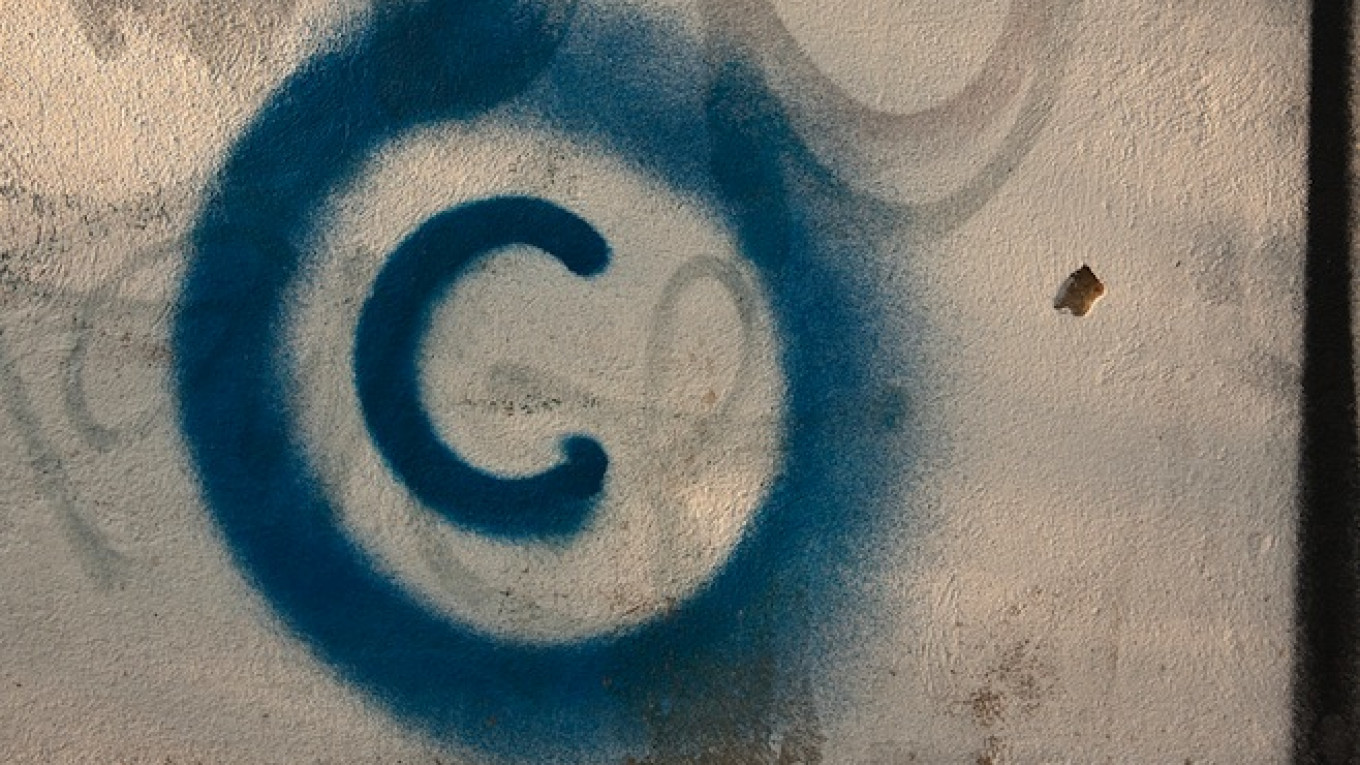A proposed amendment to a law on intellectual property theft that is currently making its way through the Cabinet could hold Twitter users liable to prosecution for re-tweeting text created by another person, a news report said.
The Economic Development Ministry had suggested the amendment to the law apply only to full-length literary texts, rather than online quotations, but the proposal was turned down by the Culture and Communications ministries, the report said.
"Colleagues from the Culture Ministry say we are not fighting quotations, but the free download of books," Deputy Economic Development Minister Oleg Fomichev said, Izvestia reported. "But if we do not want to go after small-scale borrowings, quotations, plagiarism and so on, let's say explicitly in the law that it only extends to full-length texts."
Deputy Communications Minister Alexei Volin told Izvestia that he and his colleagues "did not think" that "serious copyright holders would go chasing re-posts," Izvestia reported.
But Fomichev maintained that unless the legal wording of the text becomes more specific, any online re-post or quotation could be considered a copyright violation, Izvestia reported.
The new bill is an attempt to expand on the success of Russia's law against video piracy, the report said. The law, which has been in effect since last August, allows websites that circulate films or television series without a license to be shut down based on a copyright holder's complaint, Izvestia reported.
Ivan Zasursky, the head of the Internet Publishers Association, said the current language of the bill could lead to a flurry of copyright lawsuits, and could become a "powerful act of sabotage against the Russian economy," Izvestia reported.
Zasursky told Izvestia that the bill could open the way for a new type of online scam "similar to patent trolling" — the practice of enforcing patent rights against supposed violators to collect license fees, without actually manufacturing whatever it is that is covered by the patent.
See also:
New Law to Curb Copyright Infringement
A Message from The Moscow Times:
Dear readers,
We are facing unprecedented challenges. Russia's Prosecutor General's Office has designated The Moscow Times as an "undesirable" organization, criminalizing our work and putting our staff at risk of prosecution. This follows our earlier unjust labeling as a "foreign agent."
These actions are direct attempts to silence independent journalism in Russia. The authorities claim our work "discredits the decisions of the Russian leadership." We see things differently: we strive to provide accurate, unbiased reporting on Russia.
We, the journalists of The Moscow Times, refuse to be silenced. But to continue our work, we need your help.
Your support, no matter how small, makes a world of difference. If you can, please support us monthly starting from just $2. It's quick to set up, and every contribution makes a significant impact.
By supporting The Moscow Times, you're defending open, independent journalism in the face of repression. Thank you for standing with us.
Remind me later.






